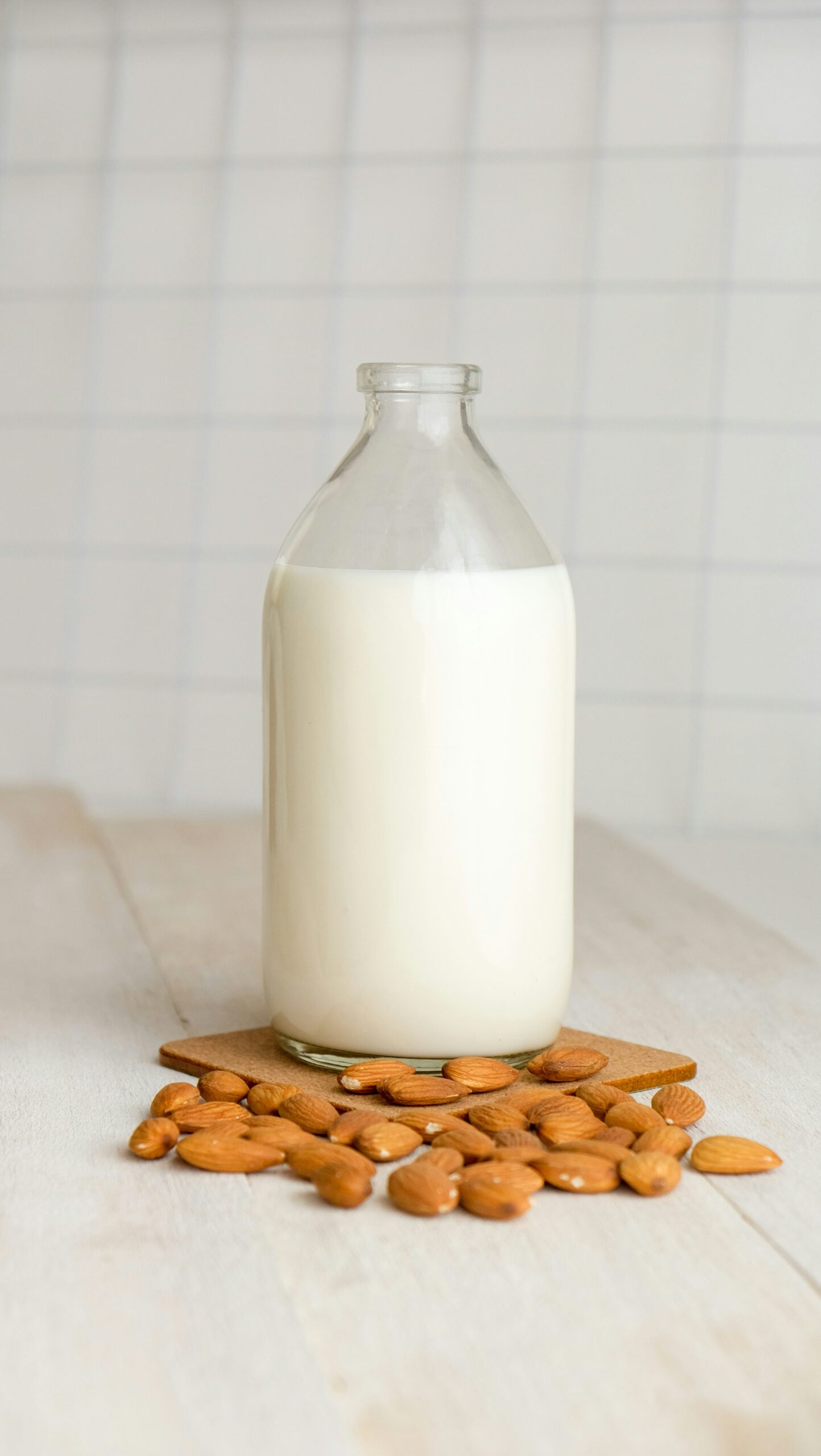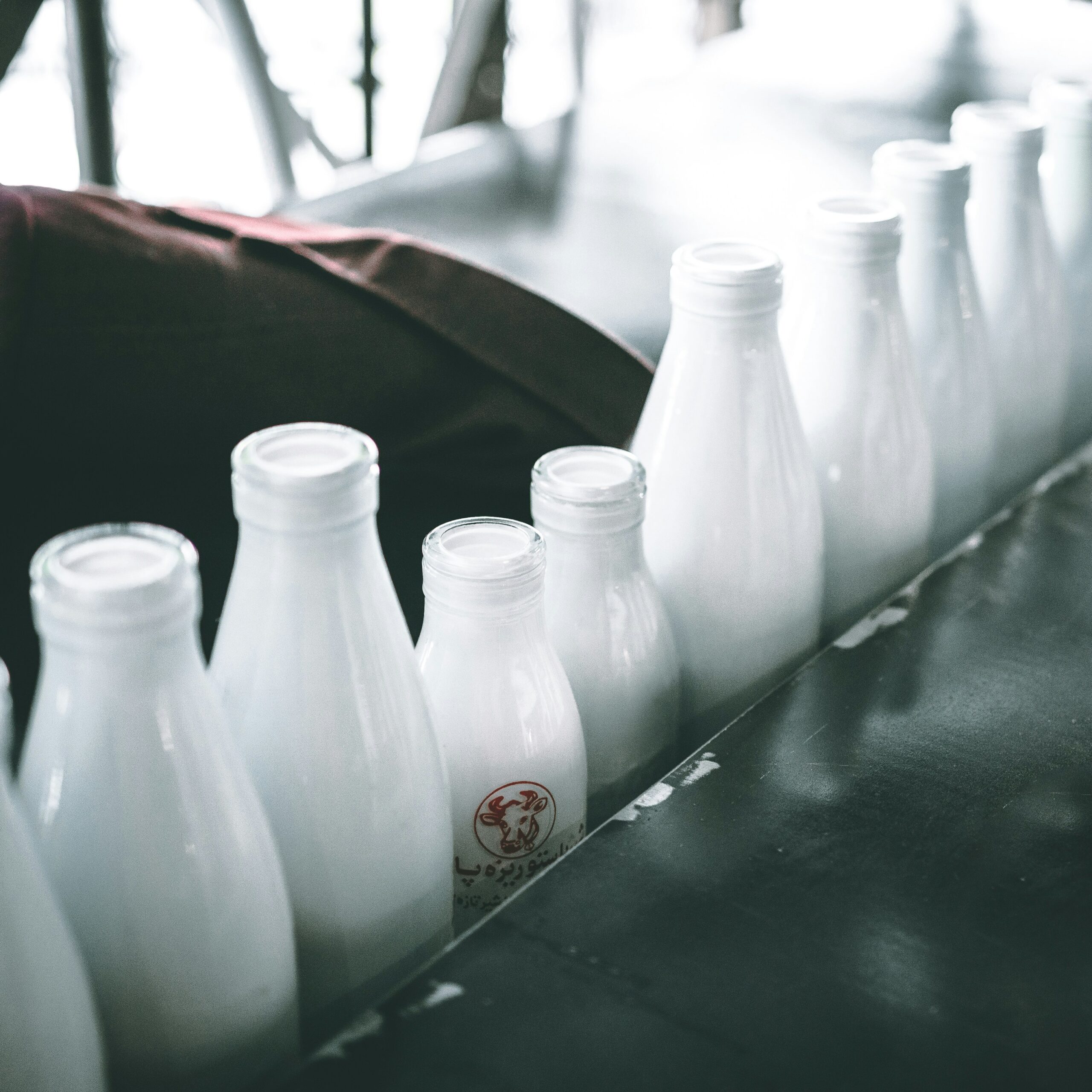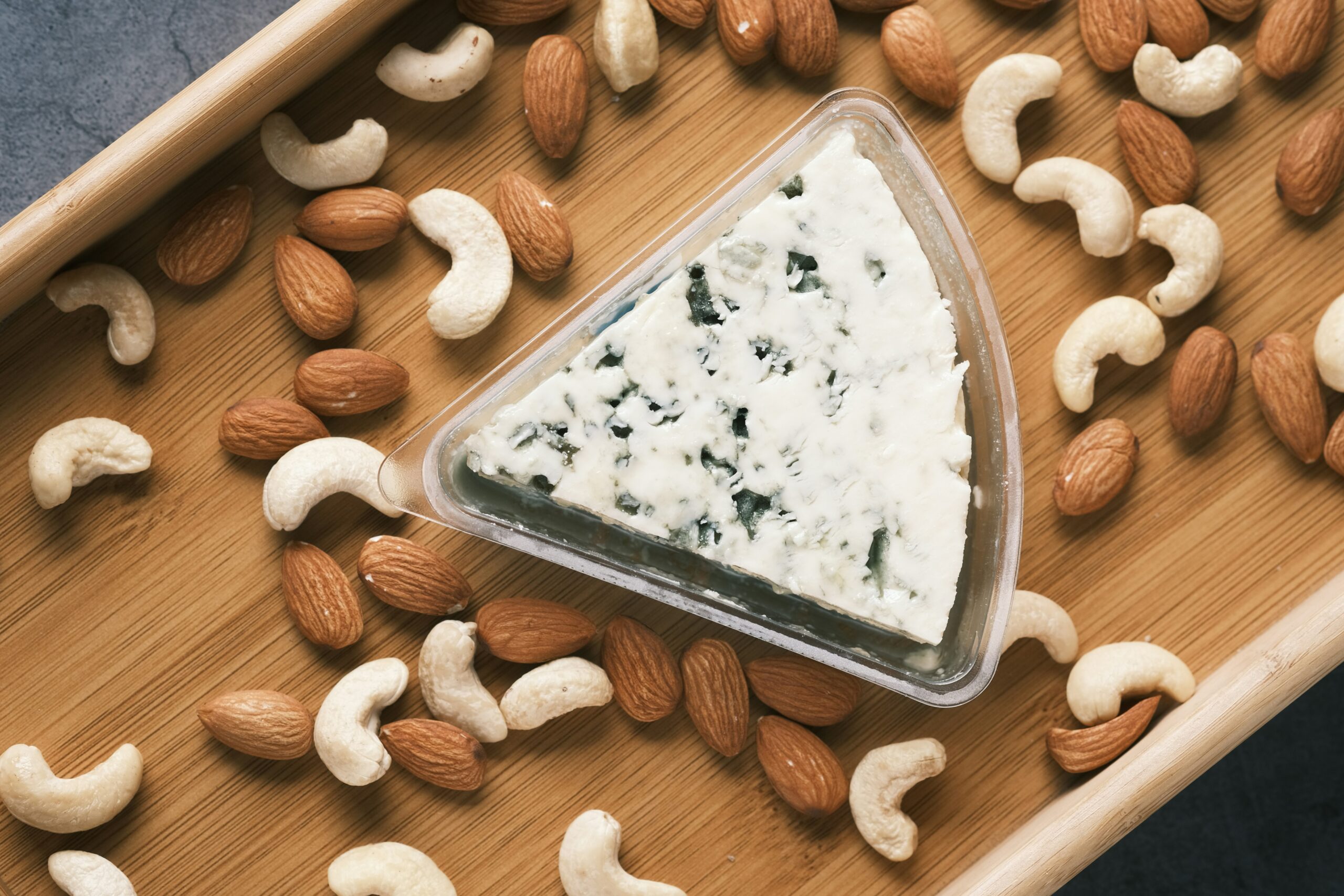Does consuming dairy products affect the smell of morning urine? This seemingly simple question might have crossed your mind, especially if you’ve noticed any unusual changes after indulging in a cheese platter or enjoying a bowl of ice cream. The connection between what you eat, including dairy products, and how your urine smells can be both surprising and enlightening. Understanding this link can help you make informed choices about your diet and its impacts on your body.

What is Urine and Why Does it Smell?
Urine is a waste product produced by your kidneys after they filter excess substances from your blood. It contains water, salts, and nitrogenous wastes such as urea and creatinine. Under normal circumstances, urine has a distinct but not particularly strong odor, which is usually attributed to urea.
However, various factors can influence the smell of your urine:
- Hydration Levels: Concentrated urine from dehydration has a stronger smell.
- Diet: Certain foods can affect the smell, sometimes quite noticeably.
- Medications and Supplements: These can also change the smell of urine.
- Health Conditions: Infections and other medical conditions can cause unusual odors.
The focus here is on diet, specifically the role of dairy products, and how they can potentially influence the smell of your morning urine.
How Dairy Products Are Metabolized
Understanding how dairy products are digested and metabolized can provide insight into how they might impact your urine. Dairy products such as milk, cheese, and yogurt contain nutrients like proteins, fats, and lactose.
Lactose and Lactase
Lactose is the primary sugar in milk. To digest lactose, your body produces an enzyme called lactase. If you have sufficient lactase levels, lactose breaks down into glucose and galactose, which can be absorbed into your bloodstream.
Protein Content
The proteins in dairy products, primarily casein and whey, get broken down into amino acids. These are then used for various bodily functions, including tissue repair and synthesis of new proteins.
Fats and Other Components
The fats in dairy products are digested by lipases into fatty acids and glycerol. Dairy also contains vitamins and minerals, including calcium, which are absorbed during digestion.
The Science Behind Urine Odor
The primary components of urine that contribute to its odor include urea, ammonia, and various waste products filtered from your bloodstream. The foods you eat can introduce additional compounds that alter the smell of your urine.
Sulfur-Containing Amino Acids
Certain amino acids, like methionine, contain sulfur. When these amino acids are broken down, they can produce sulfur-containing compounds, which contribute to strong odors.
| Sulfur-Containing Foods | Examples |
|---|---|
| Vegetables | Garlic, onions, Brussels sprouts |
| Protein Sources | Eggs, meat, fish |
| Dairy | Milk, cheese, yogurt |
Volatile Organic Compounds
Foods can introduce or lead to the synthesis of volatile organic compounds (VOCs), which can be excreted through urine and cause it to smell.
Bacterial Activity
Bacteria in your gut can also metabolize certain food components into compounds that are later excreted in urine.
Specific Dairy Compounds That May Affect Urine Odor
Various components found in dairy products can affect the smell of your urine.
Casein and Whey
These proteins can be metabolized into various byproducts that could influence urine odor.
Lactose
For those who are lactose intolerant, undigested lactose can ferment in the gut, leading to the production of gases and compounds that could affect urine smell.
Fatty Acids
The breakdown of fats can lead to the production of ketones, which may impart a distinct smell to urine.

Common Observations and Studies
Observational studies and anecdotal evidence suggest that consuming dairy products can lead to noticeable changes in urine odor for some individuals.
Anecdotal Evidence
Many people report a change in urine smell after consuming large amounts of dairy, particularly products high in protein, like cheese and yogurt.
Scientific Studies
While there is limited research directly linking dairy consumption to changes in urine odor, some studies on diet and metabolomics have noted that high-protein diets can change the composition and smell of urine.
Lactose Intolerance Considerations
For lactose intolerant individuals, the fermentation of undigested lactose can produce gases and compounds that might contribute to changes in urine odor.
Possible Mechanisms
Several mechanisms could explain how dairy products alter the smell of your urine:
Metabolic Byproducts
The breakdown of proteins and other components in dairy products can produce metabolic byproducts that are excreted in urine, leading to changes in smell.
Gut Bacteria
Changes in gut flora caused by dairy consumption can lead to the production of different compounds, which could be responsible for odor changes.
Hydration and Concentration
Consuming dairy can affect your hydration levels slightly, concentrating your urine and potentially changing its smell.

Individual Variability
Everyone is different, and the impact of dairy on urine smell can vary based on several factors:
Genetic Differences
Your genetic makeup can influence how you metabolize the compounds in dairy products, affecting urine odor.
Health Status
Conditions like lactose intolerance or metabolic disorders can amplify the impact of dairy on urine smell.
Dietary Habits
The overall composition of your diet can modulate how dairy affects urine odor. For instance, a balanced diet might mitigate strong smells compared to a diet heavily reliant on dairy products.
Practical Recommendations
Monitor Your Intake
Pay attention to your dairy consumption and any changes in the smell of your urine. Keeping a food diary can help you track correlations.
Stay Hydrated
Proper hydration can dilute any odor-causing compounds in your urine, reducing the overall smell.
Consider Lactose-Free Alternatives
If you suspect lactose intolerance, lactose-free dairy products might reduce odor changes.
Experiment with Different Types of Dairy
Different dairy products have varying compositions. Observing which types affect you the most can be helpful.
Consult a Healthcare Provider
If you notice persistent or particularly foul-smelling urine, it’s wise to consult a healthcare provider to rule out underlying conditions.
The Role of Hydration
Hydration plays a vital role in the concentration of your urine. Drinking adequate water can help dilute the compounds that cause urine to smell.
| Hydration Tips | Benefits |
|---|---|
| Drink water regularly | Prevents concentrated urine |
| Monitor urine color | Light yellow indicates good hydration |
| Limit dehydrating beverages | Reduces the risk of concentrated urine |
| Eat water-rich foods | Contributes to overall hydration |
Additional Factors to Consider
Several other factors can further influence how dairy affects the smell of your urine:
Combination with Other Foods
Certain food combinations can exacerbate or mitigate the effects of dairy on urine odor. For example, pairing dairy with sulfur-rich vegetables like broccoli or Brussels sprouts could result in a stronger smell.
Periods of Fasting
Consuming dairy after a period of fasting can more noticeably alter urine smell due to the concentrated breakdown of dairy components.
Cultural and Individual Dietary Practices
Dietary practices vary around the world, and your usual dietary pattern can influence how dairy affects you.
Western Diets
High in dairy and processed foods, Western diets might lead to more noticeable changes in urine smell compared to diets with less dairy.
Mediterranean Diets
These diets include dairy but are rich in fruits, vegetables, and healthy fats, which might mitigate the impact on urine odor.
Vegan and Plant-Based Diets
Excluding dairy altogether, these diets avoid the issue entirely unless individuals consume plant-based dairy alternatives, which may also have unique effects on urine smell.
Recommendations for Special Populations
Athletes
Athletes often consume high amounts of protein, including dairy products, which could impact urine smell due to increased nitrogenous waste.
Elderly
Aging can alter metabolism and kidney function, making changes in urine smell due to diet more noticeable.
Pregnant Women
Hormonal changes during pregnancy can affect urine smell, and dietary changes, including increased dairy intake for calcium, might contribute.
Final Thoughts
Understanding the relationship between dairy consumption and urine odor can be empowering and informative. While dairy products can influence the smell of your urine, individual variability plays a significant role. Monitoring your diet, staying hydrated, and being aware of your body’s responses can help you manage any changes effectively.
Quick Takeaways
- Urine odor can be influenced by what you eat, including dairy products.
- Components in dairy such as proteins, lactose, and fats can alter urine smell.
- Individual factors such as genetics, health status, and overall diet play a crucial role.
- Staying hydrated and monitoring your dairy intake can help manage changes in urine odor.
- Consulting a healthcare provider is advisable if you notice persistent or particularly strong smells.
Every body is unique, and being mindful of how dietary choices, including dairy consumption, affect you can lead to better overall health and well-being. Given the complexity and variations in individual responses, this topic remains an interesting field for both personal observation and scientific research.

